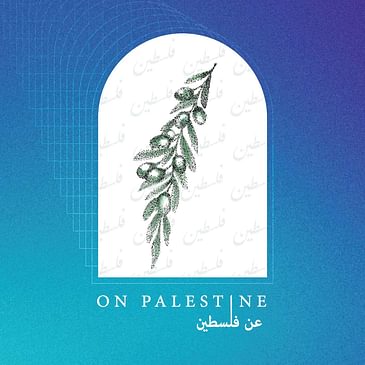Part 1 of the ‘on Palestine’ series:
In your lifetime and exposure, how have you understood Palestinian culture and it’s people?
On Palestine is a three-part series on the inbetweenish pod that focuses on the Palestinian identity, the struggle for liberation, and a way forward. Palestinians have often been misrepresented by the media, so in this series you will be hearing from 3 Palestinians that come from different backgrounds:
→ Zeena, Palestinian diaspora who was raised in the Arab world
→ Faissal, Palestinian diaspora who was raised in the Western world
→ Nour, Palestinian who was born and raised in Palestine
Discover Palestine through it's art and recommendations shared by On Palestine guests:
- Book: The Secret Life of Saeed: The Pessoptimist — Emile Habibi
- Movie: The Time that Remains — directed by Elia Suleiman
- Movie: It Must Be Heaven — directed by Elia Suleiman
- Short Film: The Present — directed by Farah Nabulsi
Music for the On Palestine series comes from traditional Palestinian folkloric music found in this compilation here.
—
Join us next Tuesday for Part 2 of the On Palestine series, this time we will be covering the struggle for liberation.
—
Disclaimer: The views, thoughts, and opinions expressed belong to the respective guests of the show and do not represent the views, thoughts, and opinions of the inbetweenish pod.
—
✳ Leave a Review or Rate the show on Apple or Spotify. It means a lot!
✳ Sign-up to The QUEST. Newsletter to explore the crossroads of multiple belongings.
—
Original music is composed and produced by Malik Elmessiry.
The inbetweenish pod is created and hosted by Beatriz Nour.
—
Curious to learn more about the in-betweenish?
Visit our website: www.inbetweenish.net
Behind-the-scenes is on our Instagram: @inbetweenish.pod
Have an idea? Contact Us or send an email to beatriz@inbetweenish.net


